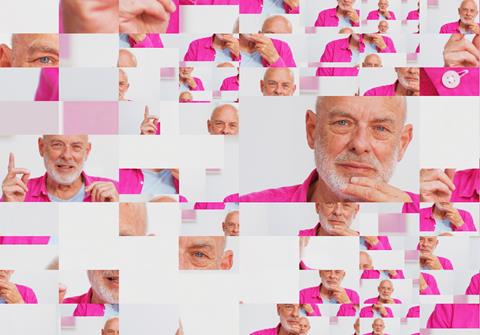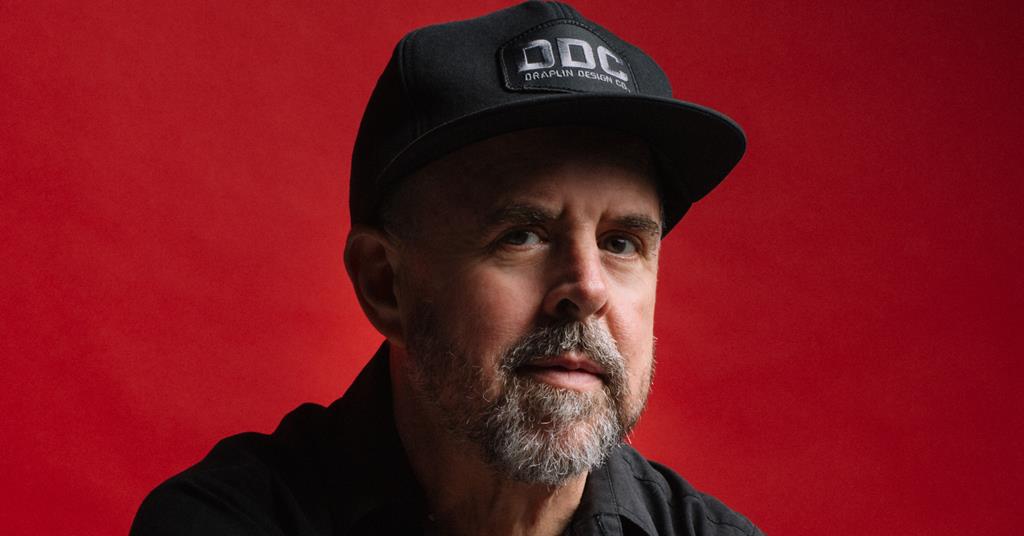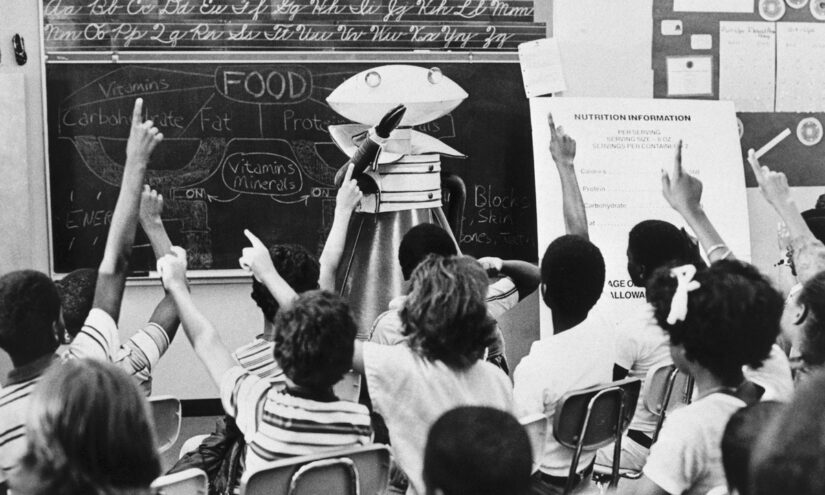Gary Hustwit’s Eno uses a custom-made generative AI software, to combine archival footage with new interviews to create a film that is never the same twice, with millions of potential configurations.
The documentary depicts the life and work of UK musician and record producer Brian Eno, who has worked with acts including David Bowie, U2, Coldplay and Grace Jones.
US-based Hustwit previously collaborated with Eno on Rams, the 2018 documentary about German designer Dieter Rams, for which Eno wrote the music. Conversations on that set hatched the idea of a pioneering documentary format for Eno’s own story.
After premiering at Sundance in January, Eno opens in select UK-Ireland cinemas this weekend, distributed independently through Brain One (an anagram of Brian Eno). The film is produced by Jessica Edwards and Gary Hustwit for the UK’s Tigerlily Productions with US company Film First Co., with executive producer Natasha Dack.
Hustwit talks to Screen about using AI creatively, a possible streaming release and continuing to work on Eno.
Which came first – the idea for the generative software, or the desire to make a film about Brian’s innovative style?
I was having ideas about what became this generative film engine before I spoke to Brian about making a documentary. As a filmmaker it gets boring watching your own film over and over again. You can’t really watch it over and over once it’s released as it’s like torture, so most directors don’t do it. They watch it a few times at premieres then move on to the next project.
My background before I got into film was music and with music even if you’re playing the same song on tour, it’s different every night and you can change it up. I wanted filmmaking and film-exhibiting to be more performative and have that element of surprise and excitement.
How did you fund Eno? How did working with UK companies change the funding model? Did you factor in the price of making the software to the final sum?
The film budget was what a normal cinematic documentary is these days. The software development was its own thing entirely as we started doing it before the Eno project was even a thing.
You can imagine what the music rights are on something like this. There was also more editing of footage than I’ve done on any film before because there’s so much material in the archive. It was a healthy independent budget range – over £1m. But it’s not set because we’re still editing footage and adding it.
There’s a lot of concern about what AI means for the creative industries. How does Eno sit within that conversation?
This is a case of using the technology to do something we could not do before, creating a capability that filmmakers did not have. This wasn’t a situation where we were trying to use AI to do something cheaper or faster or cut someone out of the process. It’s a closed system since we aren’t using anyone else’s work. We didn’t train it on other people’s documentaries. The whole data set of Eno is all our footage and Brian’s archive.
There’s a way to use this with your own material that yields results we’ve never been able to dream of.

Will Eno be submitted for awards consideration? And if so, how will that work with every iteration of the film being different?
No idea – that’s the shortest answer. We’re breaking new ground, so I haven’t really thought about awards. I’m not really focussed on that. I’m just focusing on the ways we can release it in cinemas and streaming platforms.
How will a streaming platform release work for the film?
The biggest idea would be if everyone who streamed the film got their own unique version. It could be different every day like we’re doing with the cinema release or be different in different parts of the world. One idea was that the film is on 24 hours a day constantly evolving and changing – for instance at nighttime, it could get ambient.
What’s next? Another documentary?
For the next year, I’m just working on Eno as there are so many possibilities for releasing it. But Brendan [Dawes, visual effects director of programming on the film] and I started a company called Anamorph, a generative film studio/software company that’s developing these ideas and collaborating with other studios and streamers.
I’m not sure if I’ll make another film after Eno, conventional or generative but I’m definitely thinking about the longer-term impacts of this technology.





